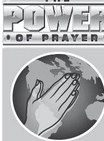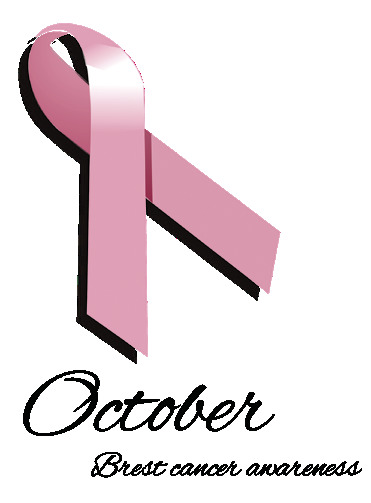Community Calendar
BINGO NIGHT M.B. Ainley Hosted by Chamber Oct.
BINGO NIGHT M.B. Ainley Hosted by Chamber Oct.

Prayers are requested for Kyra Fox who is experiencing some health issues. Prayers for a recovery and answers to her health matters.
The World Health Organization reports that roughly 2.3 million women were diagnosed with breast cancer in 2020. By the end of that year, there were nearly eight million women alive who had been diagnosed with the disease in the previous half decade.
The World Cancer Research Fund International reports that breast cancer is the second most common cancer across the globe, and the number one cancer in women. Nearly three million new cases of breast cancer in women are diagnosed across the globe each year.
Catching cancer in its earliest stages, when it can be treated most successfully, can increase the chances individuals who develop the disease go on to live long, healthy lives. Doctors are not as familiar with their patients’ bodies as the patients themselves, so it is vital for people to be aware of anything that seems out of the ordinary regarding their physical well-being. In regard to breast health, familiarizing oneself with how the breasts look and feel can help women detect breast cancer sooner rather than later.

Little Rock, Ark. - October is Breast Cancer Awareness Month. The Arkansas Department of Health (ADH) Breast-Care program coordinates efforts with a statewide network of providers offering nocost breast and cervical cancer screenings and follow-up services.

LITTLE ROCK – When the legislature convenes in regular session in January, lawmakers will consider changing how district courts are funded. The outcome will be important throughout the judicial system.

Co-founder of Vortex, Register. Plan.

As we enter the month of October, Arkansas gears up to celebrate Arkansas Farm to School Month – a time dedicated to connecting schools, early childhood education sites, and various organizations with local farms to provide children with access to fresh, healthy food. This initiative is part of a nationwide effort to foster a deeper connection between communities and local food producers, enriching the lives of students and families alike.

.